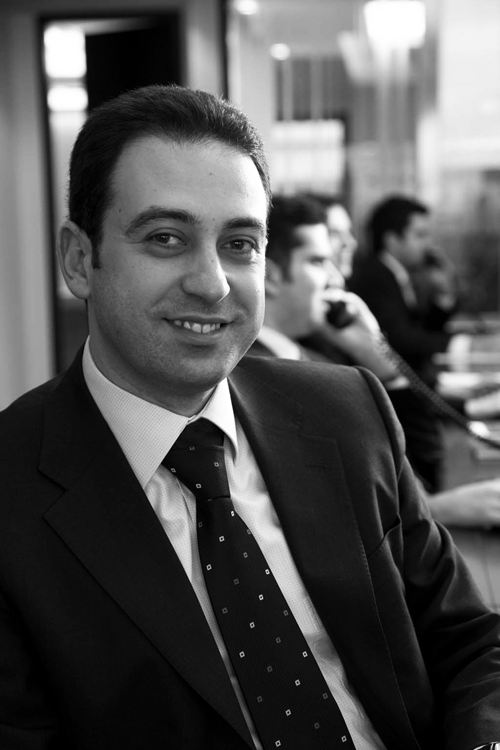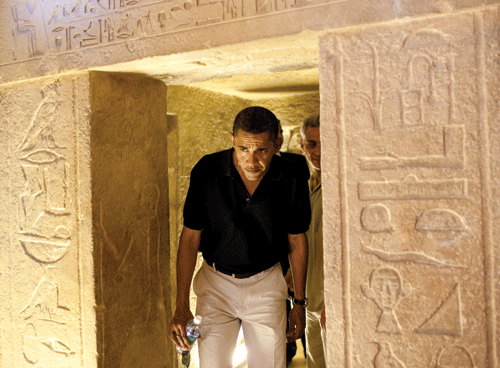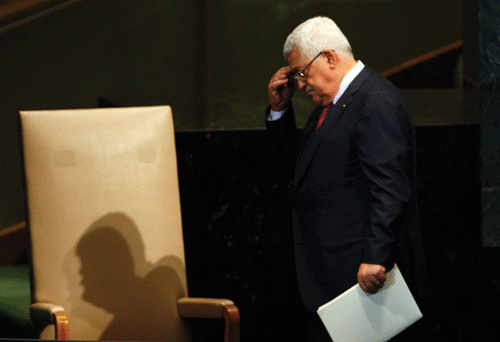Following unprecedented financial turmoil, investment scandals and the decline in world wealth, private banks and wealth managers are facing enormous challenges. Profits are declining, regulatory requirements are growing, compliance measures are multiplying, costs are increasing, privacy and secrecy are losing ground and trust between high net worth clients and their wealth managers is seriously damaged. Within this changing landscape, private banks try to redefine their role and most importantly to rebuild clients trust.
An open approach
During the last crisis, investors suffered from losses resulting from a massive price decline. A major part of these losses derived from risks investors weren’t aware of, triggering a significant transparency issue. This breach of trust by some managers has had a profound impact on investor confidence. Taking into consideration these facts, high net worth clients have raised the bar and are now demanding more from their wealth managers in terms of product offerings, transparency and due diligence. They look much more for transparent product offerings, product suitability, robust due diligence and a proactive risk/reward analysis of their wealth and holdings. Private clients also want more information about how their holdings are being transacted, processed and managed.
In order to meet these requirements, wealth managers need to rethink their model, improve their skill-sets and adapt their tools.
In some cases high net worth clients feel that their private bank is steering them toward in-house products to make money for the overall firm. Private Banks have to review their approach by adjusting product offerings to reduce these fears. Adopting an open architecture versus an exclusively in-house approach, by including third party products, would reduce client distrust.
The skills of the wealth manager are crucial to exercise this business. Many wealth managers focus on sales and marketing; they have arange of products and they spend their time convincing clients to buy them. A wealth manager is not a salesperson; he has to develop a comprehensive understanding of the client, his needs, his profile and his appetite for risk. Once this is done, he can suggest to each client the investments adapted to his profile. A wealth manager has to understand the product he is selling and to present to the client the advantages of this product as well as the related risks. In this case, the investor will be able to take his investment decisions comfortably.
Meeting clients’ sophisticated demands requires private banks to invest in advanced technology to survive. Online client service platforms should become a priority over the next few years. They provide innovative, high-quality online client interfaces that could increase client loyalty and, importantly, free their relationship managers to focus on higher-value client interactions.
Recently, a row over the debt ceiling in the US raised concerns over the fiscal imbalances of the US and the worrying debt to GDP level. Consequently, the US saw its credit rating decreased by S&P from AAA to AA+ with a negative outlook. In Europe, the sovereign debt crisis is weighing on the economic recovery through squeezed liquidity and tighter credit. Consequently, stock markets tumbled globally amid concerns of weak economic growth prospects. Within this lack of visibility, investors are overweighting what they consider “safe havens”. They are mainly buying gold and tangible assets such as real estate.
Limited choice
Three years ago, inspired by an unstable international environment with interest rates nearing zero percent, Lebanese investors were assured by the resilience of the Lebanese banking system and attracted by high interest rates. On the fixed income side, they are mainly allocating to deposits and Lebanese government Eurobonds. Meanwhile, real estate in Lebanon was undervalued relative to the region; as a hedge, investors rushed into real estate investments. Today, interest rates have decreased significantly compared to three years ago and the real estate market is slowing. Consequently, Lebanese investors are looking to diversify their exposure, but the choice is still limited especially with the current uncertainty global markets are witnessing.
The current behavior of investors locally and globally could be explained by the temporary lack of confidence. This concentration could outperform but that should not be considered certain. Investors should take into consideration the suitability of investments to the financial environment and remember that diversification is still the fundamental rule.
DORY HAGE is head of advisory at Libano-Française Finance (LFF), a subsidiary of Banque Libano-Française.












